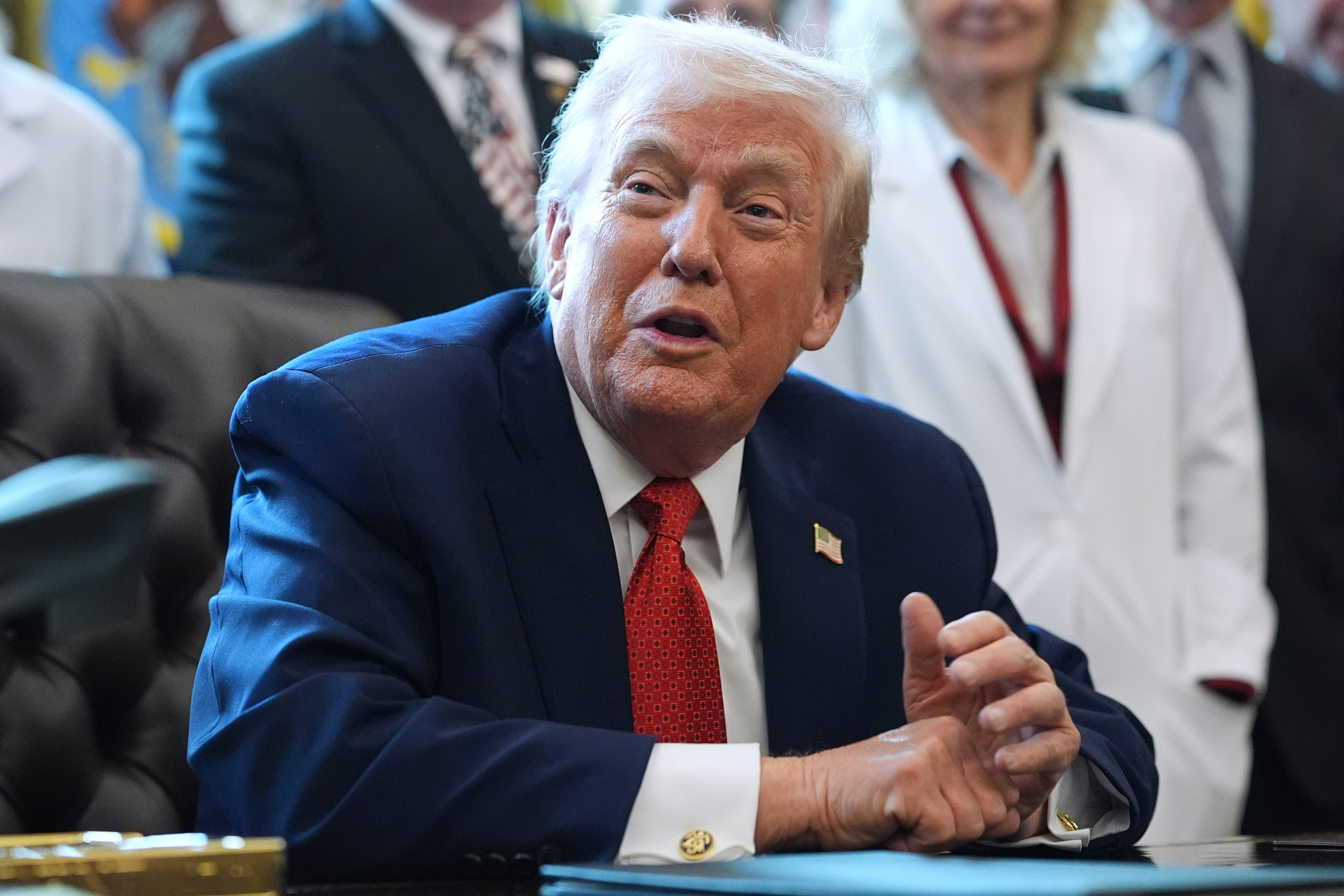In the wake of the attack on House Speaker Nancy Pelosi's husband, Paul, the Capitol Police chief is giving an update on the department's work to protect Congressional members.
Chief Tom Manger says since Jan. 6, the department has made progress on implementing a list of improvements, but that there's still more work to do. He said long-term plans to expand protective operations are underway, but he also called for more resources.
"We believe today's political climate calls for more resources to provide additional layers of physical security for members of Congress. This plan would include an emphasis on adding redundancies to the measures that are already in place for congressional leadership," Manger said in a statement.
Data from the agency shows an increase in threats against lawmakers since 2017, with more than 9,500 cases last year. From January to the end of March this year, its threat assessment team opened more than 1,800 cases, including concerning statements and threats.
The attack on Paul Pelosi has put renewed attention on security for Congressional members and their family.
"There needs to be an assessment of security for all members and their families, and the Capitol Police needs to continue to do that," Rep. Ro Khanna told CNN. "But second — and beyond that — for specific members or family members who have specific threat, they need to have protection."
Over the summer, members were able to get reimbursed up to $10,000 for security upgrades to their home.
And the Federal Election Commission has concluded over the last few years that Congressional members could use campaign funds for some costs related to home security systems, as well as security personnel for them and their immediate family against threats from their office status.




 Attack On Paul Pelosi Reignites Fears Of Political Violence
Attack On Paul Pelosi Reignites Fears Of Political Violence






